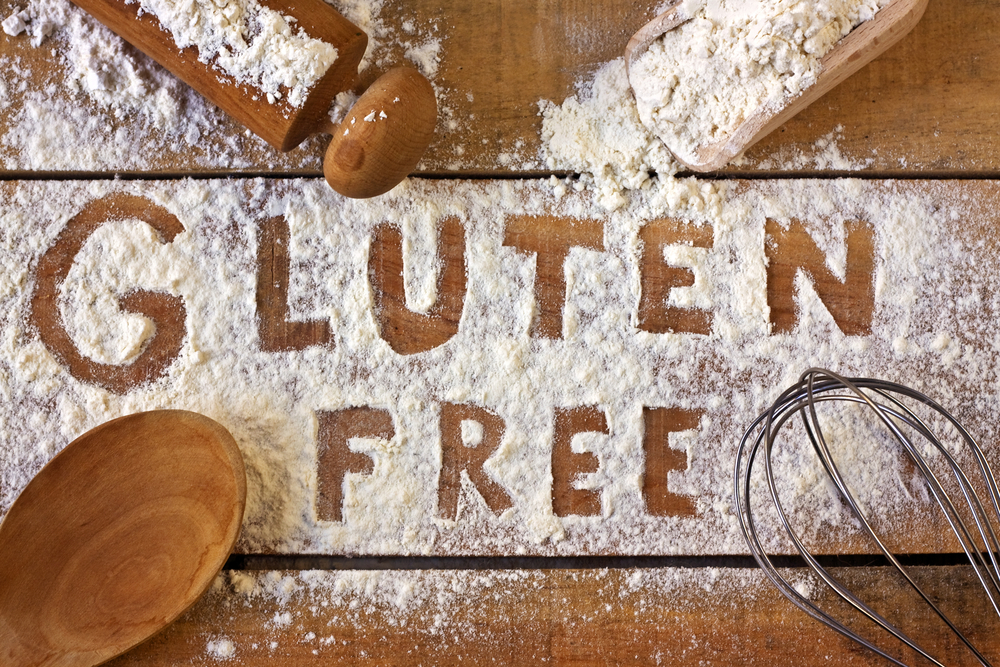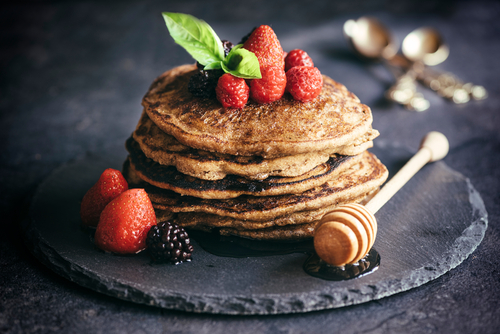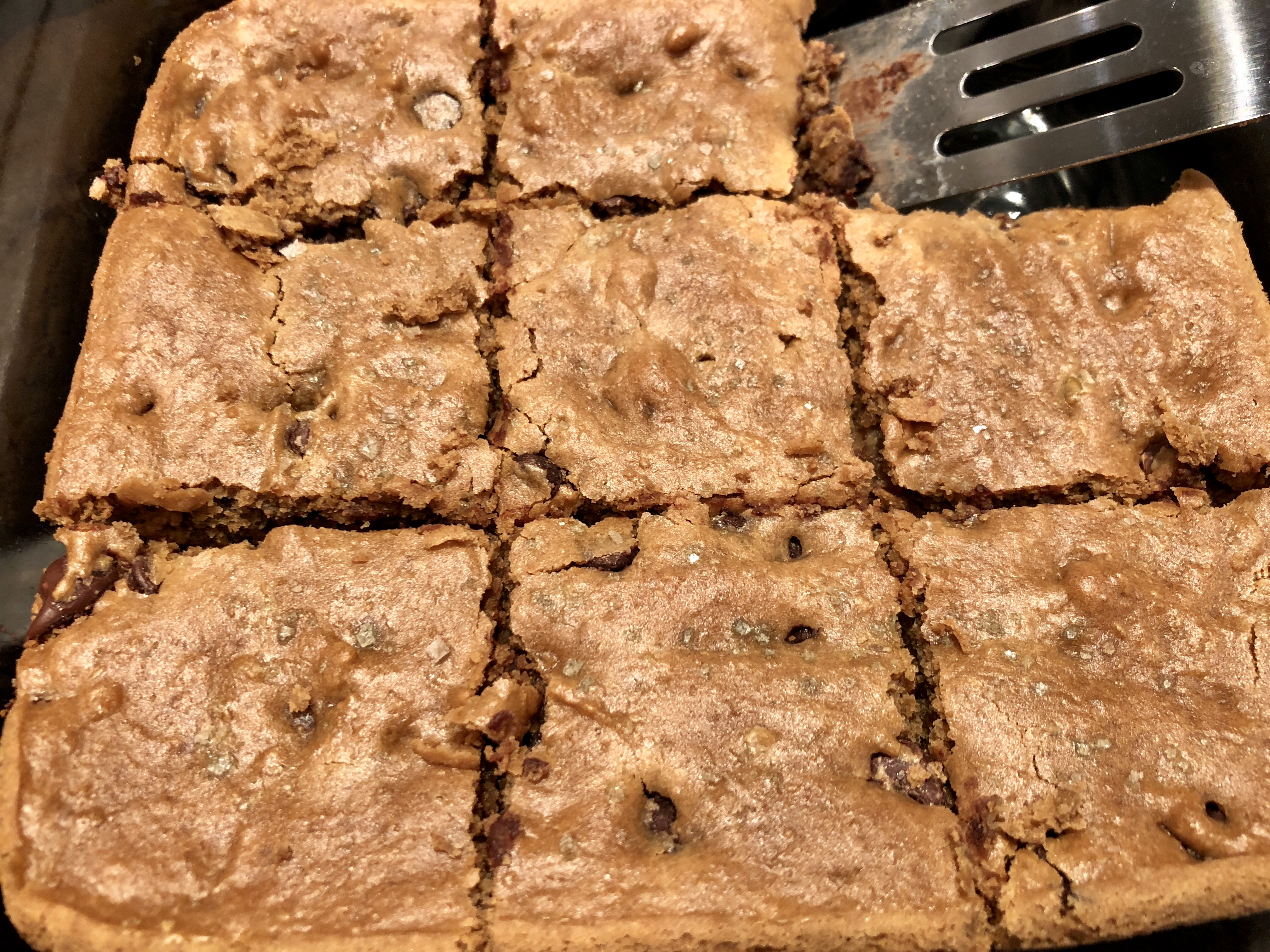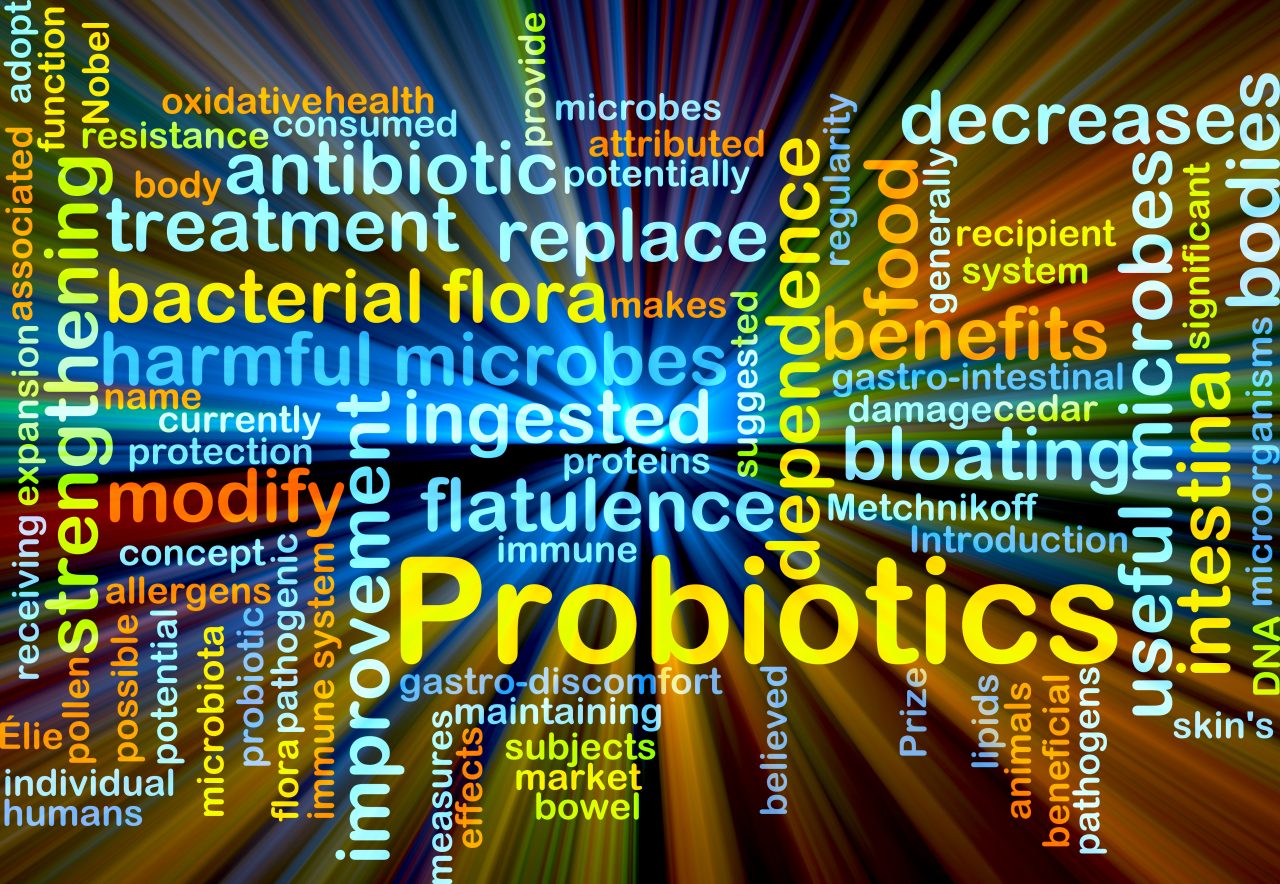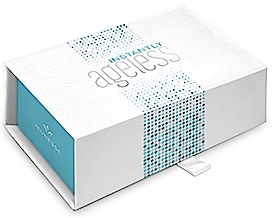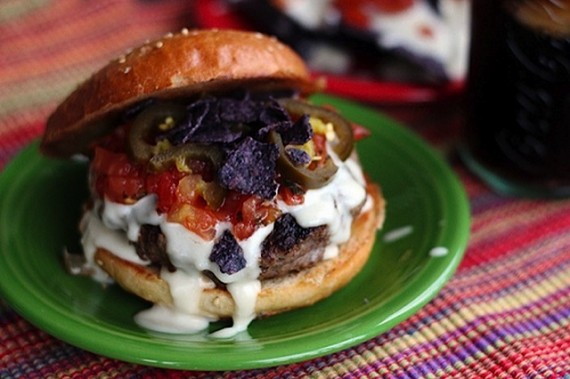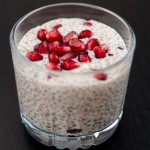Read This Before You Go Gluten-Free
7 Signs That You Might Be Gluten-Intolerant
Should you go gluten free? The answer is maybe. Remember when Snack Wells came out back in the 90s? My college roommates and I ate them by the box because they said “fat free.” If they are fat free, they must be good for you, right? Loaded with sugar and artificial ingredients, they were anything but. The gluten free craze is similar. People see “Certified GF” on a box or bag and assume it means the product inside must be healthy. The fact is, for the average person with no true gluten intolerance, GF foods are no better for you, and in fact, may work against attempts to lose weight or improve nutrition. For instance, compare sandwich rolls. A gluten free roll has 170 calories, while one made with wheat has 130 calories. Gluten free cookies and cakes are not more nutritious, they are just made with a different type of flour. They are still loaded with sugar, fat and preservatives. Many people feel less full after gluten free pasta, increasing the chance they will eat more of it. The bottom line is gluten free does not equal healthy.
You Might Also Like…Everything You Need to Know About Allergies
So, who should give a GF diet a try? About 18 months ago, I did. I had stomach pain and irritable bowel symptoms for years. When two family members were diagnosed with celiac disease, I figured I should at least give it a go. I did not want it to work. Bread and pasta are two of my favorite things. After two weeks completely gluten free, it was clear I have, at the very least, an intolerance. Not only did my gastrointestinal symptoms resolve, my mood felt lighter — kind of like the moment your PMS clears and you only then realize you were ornery the day before. I have not looked back. My health is so much better, I am not even tempted by NYC pizza or a cold beer on a hot day. Okay, maybe I am tempted, but not enough to drive me back to the wheat wagon.
If you want to try a gluten free diet because you think it will help you lose weight, here is my advice. Do not buy gluten free substitutes in the form of snacks. Limit carbs, don’t change in a wheat based carb like pasta for another carb like risotto. Find natural meal alternatives, such as a salad instead of a sandwich, rather than a sandwich on GF bread. Take note of how you are feeling to gauge any changes in your mood, energy level and digestive habits. If you feel better, stick with it. If you don’t, then don’t put the wheat restriction on yourself, and instead focus on a well-balanced, low carb, low sugar diet. This way you can still occasionally enjoy the things you love.
If you are concerned you may have celiac disease, keep a food diary with time of day, what you eat and how you feel. If it suggests a correlation between wheat and negative symptoms, see your doctor. Celiac disease, left untreated, can lead to long term side effects including an increased risk of cancer. The good news is, the perceived health benefits of a GF diet are resulting in simpler and less expensive access to all kinds of gluten free foods. It is easier than ever to maintain a diet free of gluten — but, don’t do it unless you have to. Pizza and beer are just too good.
reprinted from Jan 2016
Read This Before You Go Gluten-Free
Beauty Secrets: Is Goat’s Milk the Answer to Looking Beautiful?
Gluten-Free Chocolate Coconut Bars
Try Our Delicious Gluten-Free Blondies
Beauty Secrets: Is Goat’s Milk the Answer to Looking Beautiful?
Could Probiotics Help What’s Ailing You?
check out this miracle eye cream that goes on before makeup.
Our Favorite Vacation Get-Aways
Everything You Need to Know About Allergies
You Will Love Our Fat-Free, Nutrient-Rich Eggplant “Salsa”


